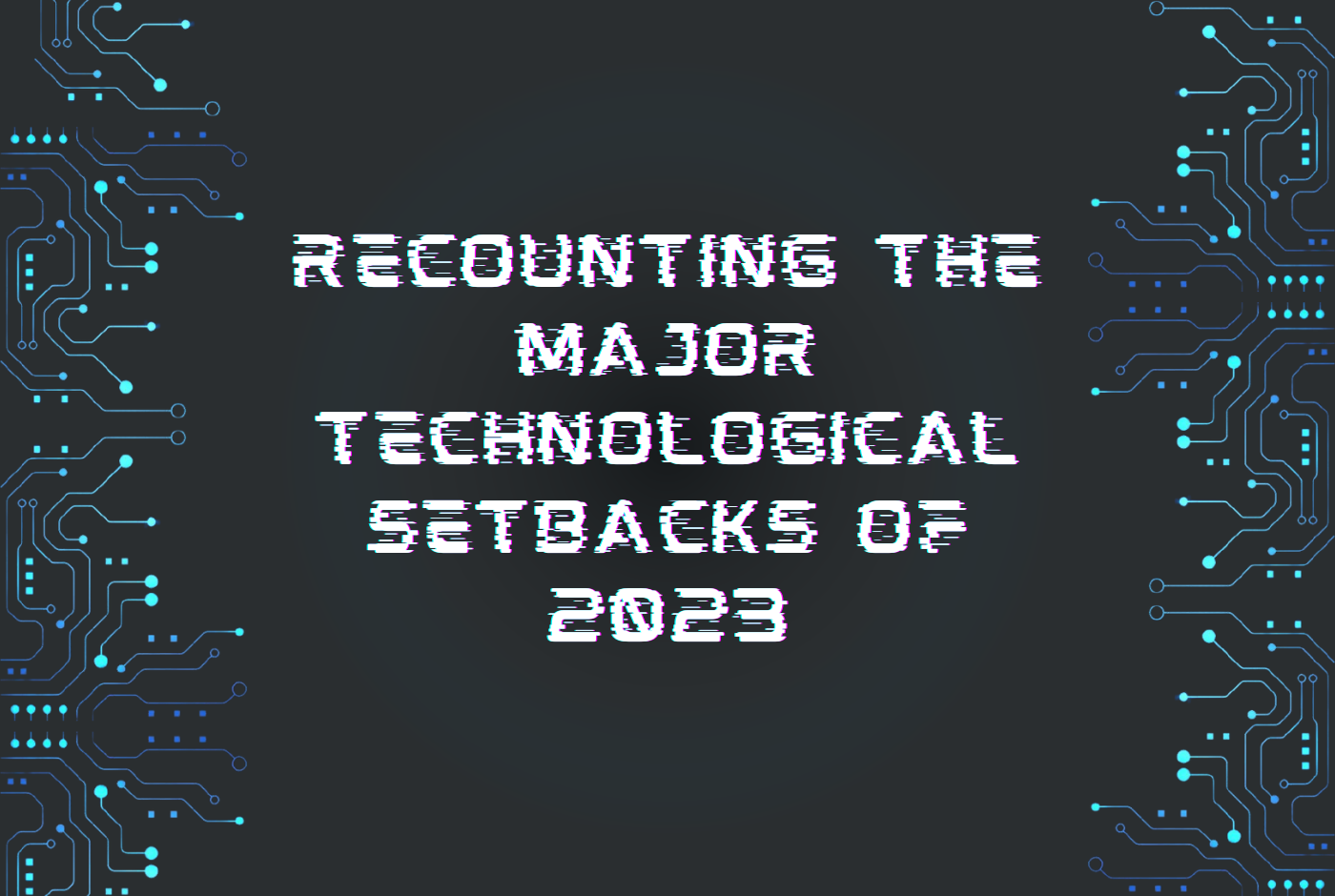The Role of Mathematics in AI's Evolution Mathematics is often viewed as a key benchmark for testing an AI's reasoning capabilities. A model like Q* that excels in mathematical problem-solving would demonstrate an advanced level of understanding and abstract reasoning, traits that are critical for various complex tasks beyond mathematics. This includes writing code, analyzing large data sets and drawing logical conclusions from diverse information sources. However, it's important to differentiate between solving basic math problems and tackling advanced mathematical challenges that push the boundaries of the field. The ability to solve complex mathematical equations does not necessarily imply the emergence of superintelligence or AGI (Artificial General Intelligence). Instead, it indicates a significant advancement in the AI's cognitive abilities, potentially opening doors to new applications and innovations in fields such as scientific research, engineering and personalized education.
Addressing Safety and Ethical Concerns
With advancements like the speculated Q*
model, AI safety and ethics become increasingly
pertinent topics. The potential of such AI systems to set their own goals and autonomously
interact with the physical or digital world raises serious concerns. These include the risk of
rogue AI behaviors and the existential threats that uncontrolled AI advancements could pose to
humanity. It is crucial for the development of such technologies to be accompanied by rigorous
safety protocols and ethical guidelines. This will ensure that AI advancements contribute
positively to society without compromising human safety and values. The speculation around Q*
has reignited these discussions, emphasizing the need for responsible AI development and
governance.
Comparing Q* with Other AI Developments
The hype surrounding the Q* model follows a pattern observed with other significant AI
developments, such as
Google DeepMind’s Gato. These models have sparked similar discussions
about their potential to achieve AGI due to their multifunctional capabilities. It's essential
to view Q* within this broader context of AI development, recognizing the cyclical nature of
excitement and skepticism in the field. While such models represent substantial progress, they
also bring to light the challenges and limitations of current AI technologies. Understanding the
true capabilities and limitations of Q* is crucial in assessing its impact on the future of AI.




